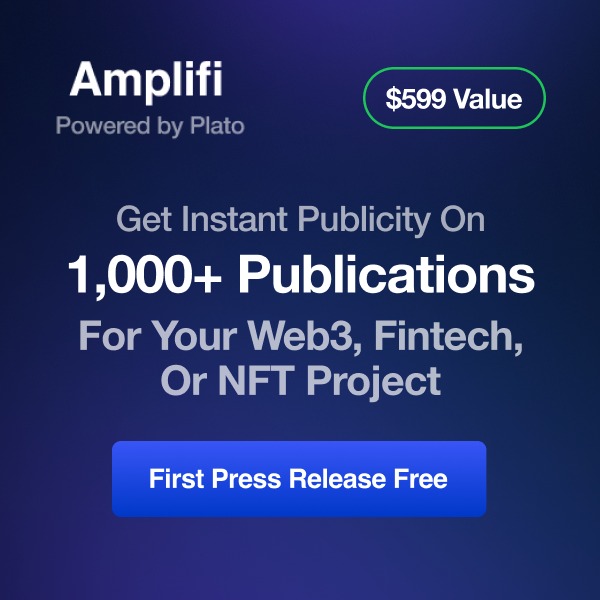Tag: Twitter CEO
Twitter CEO, Jay-Z commits 500 BTC to fund Bitcoin developers in Africa and India
Jay Z and Twitter CEO Jack Dorsey launch a 500 bitcoin trust for developers in India and Africa.
Twitter CEO Jack Dorsey And JayZ Launch BTC Fund For Developers in India and Africa
Jack Dorsey, the Twitter CEO along with popular musician JayZ has launched a 500 bitcoin trust focusing on bitcoin developers from India and Africa. The announcement comes at a crucial time especially for Indian developers as the government in the country is reportedly planning a crypto ban. JAY-Z/@S_C_ and I are giving 500 BTC to
The post Twitter CEO Jack Dorsey And JayZ Launch BTC Fund For Developers in India and Africa appeared first on Coingape.
US President Biden Freezes Controversial Crypto Wallet Proposal
On his first day in the office, President Joe Biden’s first act was to freeze pending regulatory processes. This includes the controversial crypto wallet proposal submitted last year by FinCen. The proposal was criticized as it would obligate banks to identify and record private crypto wallet users. The United States of America has just got […]
The post US President Biden Freezes Controversial Crypto Wallet Proposal appeared first on CryptoCoin.News.
$10K — The Bitcoin Price Streak Continues
How Centralized Social Media are Forced to Censor Content: Facebook Case
 Key takeaways:
Key takeaways: - Advertisers boycott Facebook for allegedly facilitating hate speech following Mark Zuckerberg’s refusal to moderate Donald Trump's post.
- Facebook is under increasing pressure to revise its content moderation policies.
- Centralized social networks are vulnerable to external pressure when it comes to moderation. This can potentially lead to infringement of freedom of speech, with Facebook being a case in point.




